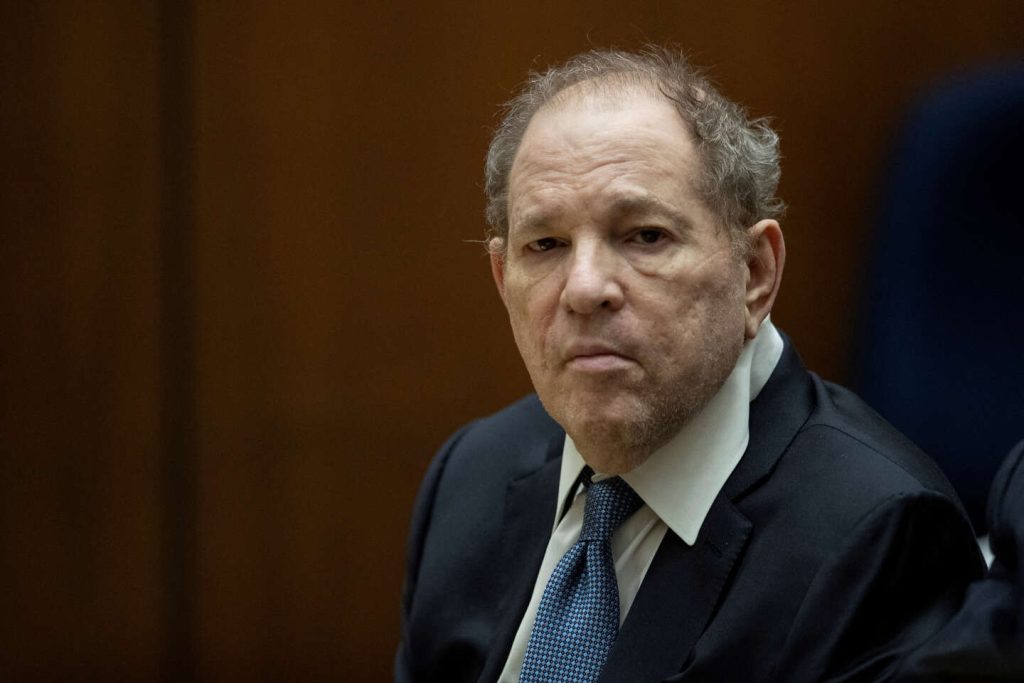A New York appellate court has overturned the 2020 conviction of former Hollywood producer Harvey Weinstein on charges of rape and sexual assault, ordering a new trial. The court cited procedural errors during the trial, which had been seen as a victory for the #metoo movement. Harvey Weinstein’s lawyer hailed the decision as a “great day for the United States,” stating that Weinstein had not received a fair trial due to the testimony of multiple alleged victims who were not directly involved in the charges.
Harvey Weinstein, 72, is currently serving a twenty-three-year sentence in a New York prison after being found guilty of criminal sexual acts for forcibly engaging in sexual acts with a television and film production assistant in 2006, and third-degree rape for an assault on an actress in 2013. Weinstein had appealed his conviction for rape and sexual assault in 2020 to the highest court in New York in the fall of 2023. The appellate court judge stated that testimony regarding other incidents not related to the charges had been improperly admitted, painting a highly damaging picture of Weinstein.
The decision to overturn the conviction was met with mixed reactions. Some judges supported the decision, calling for a new trial to address the shocking errors that had occurred during the initial proceedings. However, others, including actress Alyssa Milano and activist Tarana Burke, expressed disappointment and concern that the decision would undermine the progress made by survivors of sexual violence. The Silence Breakers, a group of Weinstein’s victims who had spoken out during the #metoo movement, condemned the decision as deeply unjust.
Harvey Weinstein has also been convicted of a separate rape in Los Angeles in 2022 and sentenced to sixteen years in prison. He was acquitted in Los Angeles for charges involving one of the women who had testified in New York, and has consistently maintained that any relationships he had were consensual. The decision to overturn the New York conviction was criticized by attorney Douglas Wigdor, who represented witnesses in the trial, who argued that evidence of uncharged acts is often admitted in court to help jurors understand the defendant’s behavior.
Since 2017, dozens of women, including Angelina Jolie and Gwyneth Paltrow, have accused Harvey Weinstein of harassment, sexual assault, and rape. However, many of these cases were barred by the statute of limitations. The legal battles surrounding Weinstein’s alleged misconduct have been closely followed in the wake of the #metoo movement, which has sought to raise awareness of sexual abuse and harassment in various industries.


